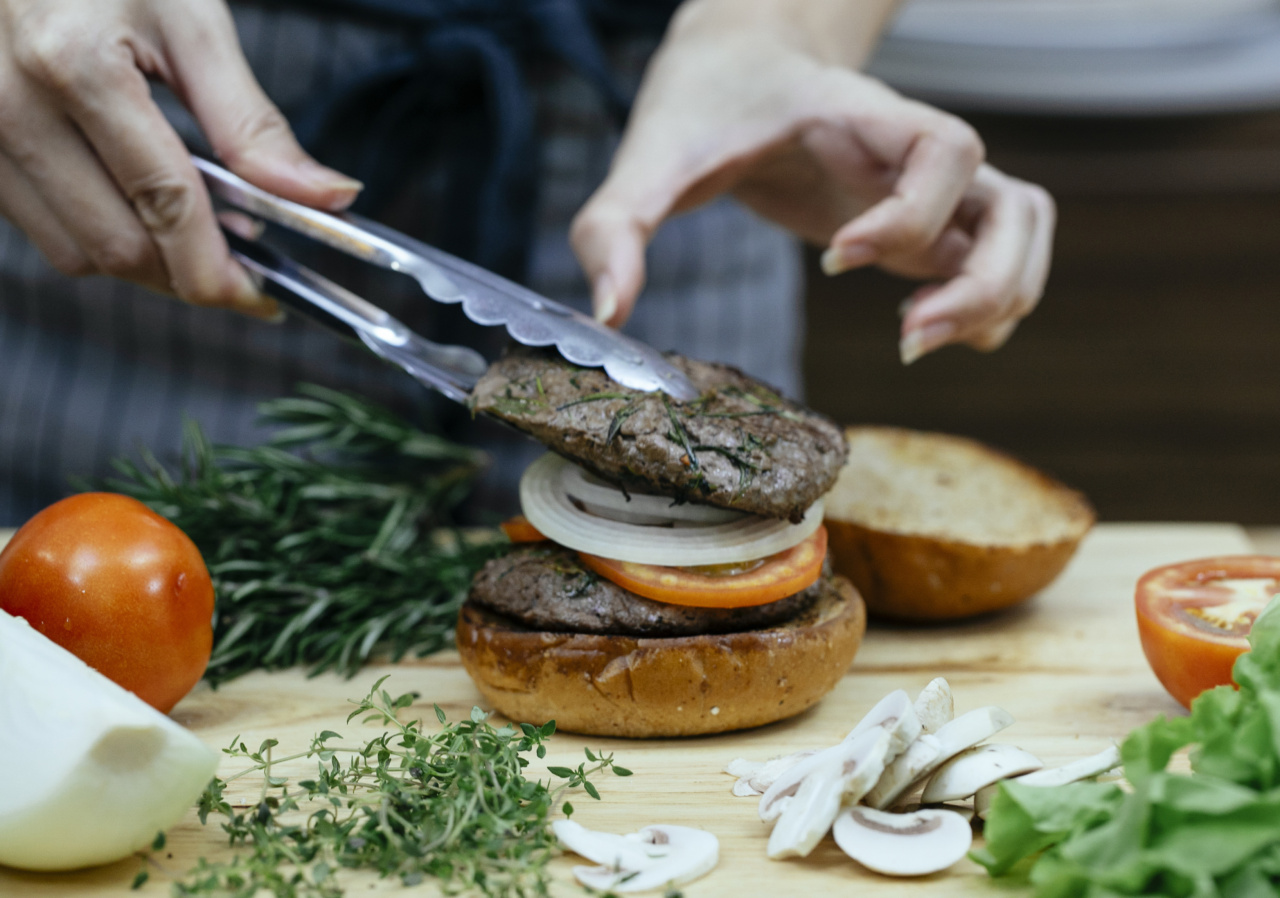Stroke is a serious medical condition that occurs when the blood supply to the brain is disrupted, leading to damage or death of brain cells. It is a leading cause of disability and death worldwide.
While some risk factors for stroke, such as age and genetic factors, cannot be controlled, adopting a healthy lifestyle and following a stroke prevention diet can significantly reduce the risk of stroke. In this article, we will explore some of the top foods that you should add to your plate for stroke prevention.
1. Leafy Green Vegetables
Leafy green vegetables, such as spinach, kale, and collard greens, are rich in vitamins, minerals, and antioxidants that are beneficial for overall health, including brain health.
Studies have shown that a higher intake of leafy greens is associated with a lower risk of stroke. These vegetables are packed with nutrients like folate, potassium, and nitrate, which help in reducing blood pressure, improving blood flow, and preventing plaque buildup in the arteries.
2. Fish and Omega-3 Fatty Acids
Consuming fatty fish, such as salmon, mackerel, and sardines, is an excellent way to incorporate omega-3 fatty acids into your diet.
Omega-3 fatty acids have been shown to have anti-inflammatory and anti-thrombotic properties, reducing the risk of stroke. They help in maintaining healthy blood vessels, reducing blood clotting, and regulating blood pressure. If you’re not a fan of fish, you can also consider taking omega-3 supplements after consulting with your doctor.
3. Whole Grains
Whole grains, such as oats, brown rice, and whole wheat, are rich in fiber, vitamins, minerals, and antioxidants. A diet high in whole grains has been linked to a lower risk of stroke and heart disease.
The fiber content in whole grains helps in reducing cholesterol levels, maintaining healthy blood pressure, and improving blood vessel function. Swap refined grains with whole grains to reap the benefits and reduce your stroke risk.
4. Berries
Berries, such as blueberries, strawberries, and raspberries, are packed with antioxidants and phytochemicals that have been shown to have protective effects on the brain.
These compounds help in reducing oxidative stress, inflammation, and improving communication between brain cells. Including a variety of berries in your diet can contribute to better brain health and lower the risk of stroke.
5. Nuts and Seeds
Nuts and seeds, such as almonds, walnuts, flaxseeds, and chia seeds, are excellent sources of healthy fats, fiber, and antioxidants. They have been associated with a reduced risk of stroke and improved overall cardiovascular health.
The monounsaturated and polyunsaturated fats found in nuts and seeds help in lowering bad cholesterol levels, reducing inflammation, and improving blood vessel function.
6. Beans and Legumes
Beans and legumes, including lentils, chickpeas, and black beans, are high in fiber, protein, and other essential nutrients.
They have a low glycemic index and promote stable blood sugar levels, which is important for reducing the risk of diabetes, a major risk factor for stroke. Additionally, the high fiber content in beans and legumes helps in maintaining healthy cholesterol levels and reducing blood pressure.
7. Yogurt and Low-Fat Dairy
Low-fat dairy products, such as yogurt, milk, and cheese, are excellent sources of calcium and vitamin D. Several studies have suggested a potential link between higher intake of low-fat dairy products and a reduced risk of stroke.
Calcium plays a crucial role in maintaining healthy blood pressure, while vitamin D is important for overall bone health. Opt for low-fat or skim dairy products to reap the benefits without excess saturated fat.
8. Turmeric
Turmeric is a spice commonly found in curry dishes and has long been used in traditional medicine for its anti-inflammatory and antioxidant properties.
Curcumin, the active compound in turmeric, has been shown to have protective effects on the brain and may help reduce the risk of stroke. Add turmeric to your cooking or consider taking a curcumin supplement to enjoy its potential benefits.
9. Dark Chocolate
Good news for chocolate lovers! Dark chocolate (with at least 70% cocoa content) is rich in flavonoids, antioxidants that have been associated with a reduced risk of stroke.
Flavonoids help in improving blood flow, reducing blood clotting, and preventing the formation of plaque in the arteries. However, moderation is key as dark chocolate is still high in calories and should be consumed in small portions.
10. Olive Oil
Olive oil is a key component of the Mediterranean diet, which has been widely researched for its health benefits. Extra virgin olive oil, in particular, is rich in monounsaturated fats and antioxidants, such as polyphenols.
Regular consumption of olive oil has been linked to a reduced risk of heart disease and stroke. Incorporate olive oil as your primary cooking oil and salad dressing for maximum benefits.
In Conclusion
While no single food can guarantee protection against stroke, incorporating these stroke prevention foods into a balanced diet can significantly lower your risk.
By focusing on nutrient-dense, whole foods and reducing the intake of processed and unhealthy foods, you can take proactive steps towards maintaining a healthy lifestyle and reducing your risk of stroke.





























